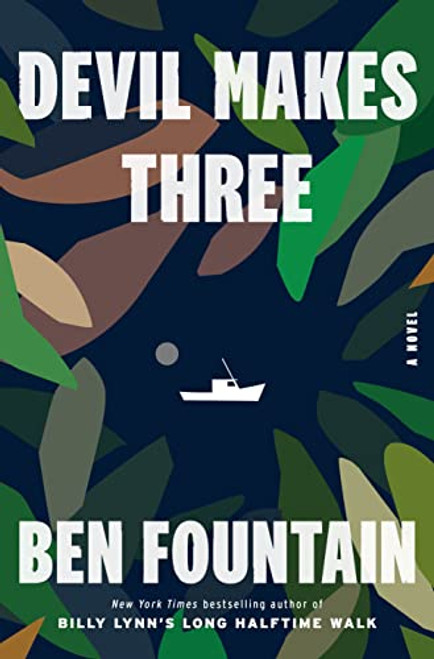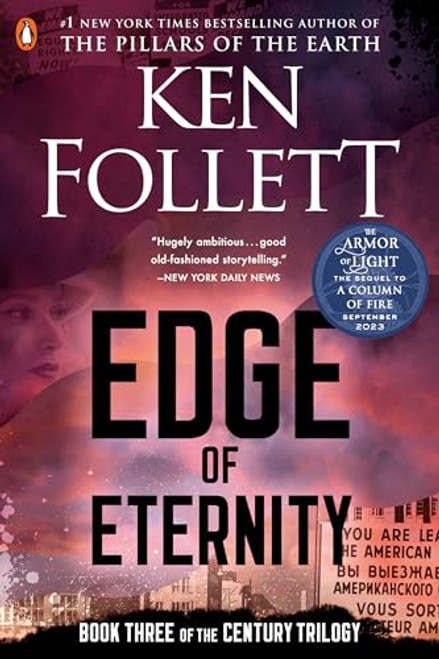Here are the traditions of harpsichord making as they might have been taught to young apprentices in five countries where the craft once flourished: Italy, Flanders, France, England, and Germany. The period covered ranges from approximately 1500, when concrete data became available, to 1800, after which the nature of the instrument is no longer of musicological significance. The author's aim is to give enough information to make it possible for builders of harpsichords to base their work on certain knowledge of the designs and methods of earlier makers; to guide players of the harpsichord in their search for appropriate instruments, dispositions, and registrations in recreating the music of the past; and to serve as a useful body of information for historians and editors of early keyboard music. A chapter each is devoted to the five most important schools of harpsichord making. Over forty plates illustrate the most typical harpsichords of each country. Each set of drawings includes a plan drawn to scale, the interior of the instrument, and interesting details of action and construction. These are supplemented by reproductions of illustrations taken from early sources. The appendixes contain texts of relevant documents, including inventories of the shops of some prominent French makers and contemporary descriptions of instruments. Mr. Hubbard has drawn material from contemporary descriptions of instruments and the mechanical arts such as those found in encyclopedias, technical treatises, books on music theory, and manuals for craftsmen. In addition he has examined hundreds of instruments in European and American collections. His exceptional position as an internationally known harpsichord maker as well as a student of harpsichord history allows him to discuss technical as well as historical matters that would be outside the competence of a musicologist.
Three Centuries of Harpsichord Making
Brand: Harvard University Press
$17.29 - $155.20
- UPC:
- 9780674888456
- Maximum Purchase:
- 3 units
- Binding:
- Hardcover
- Publication Date:
- 1965-01-01
- Release Date:
- 1965-01-31
- Author:
- Frank Hubbard
- Language:
- english
- Edition:
- F First Edition











